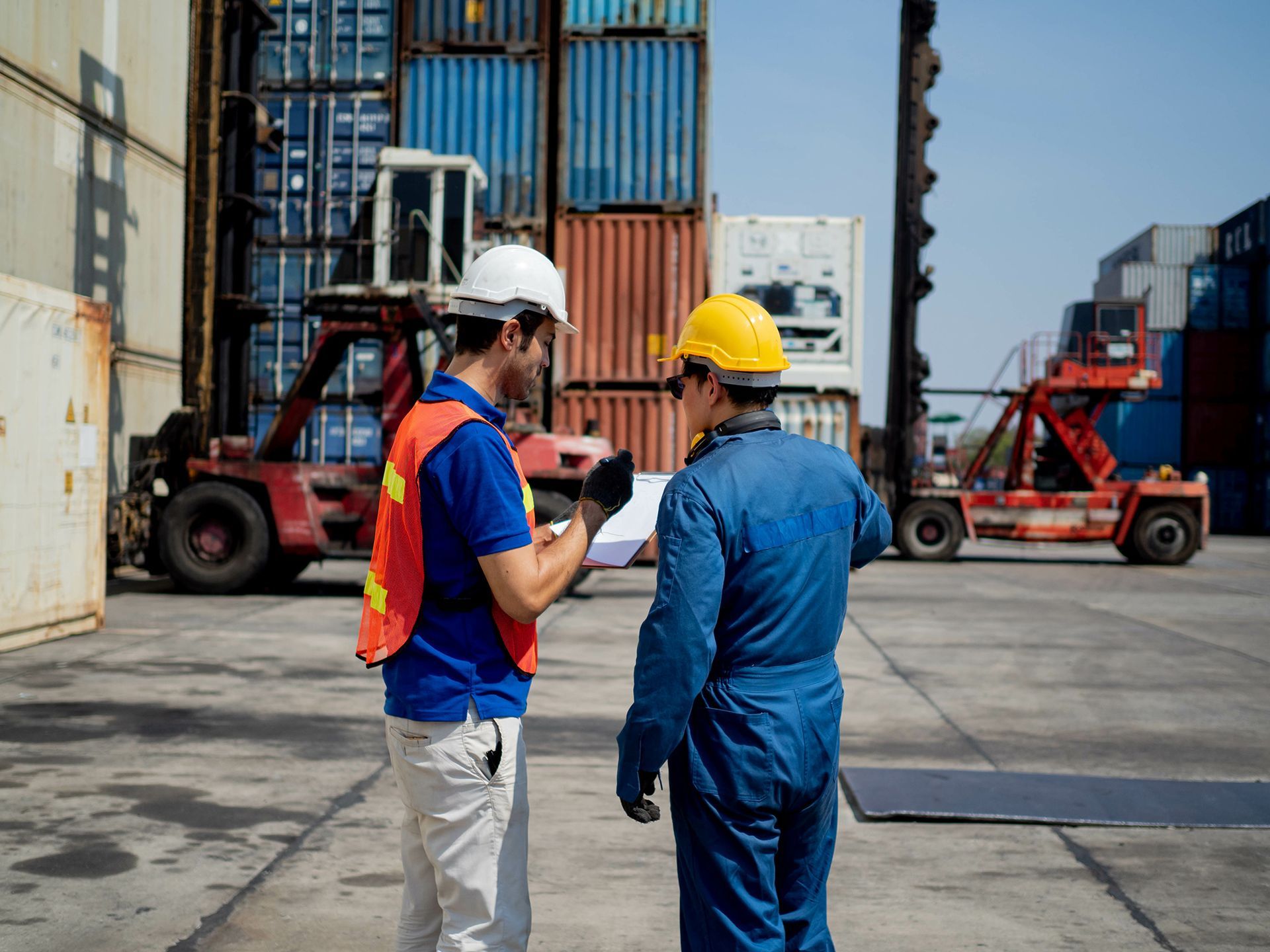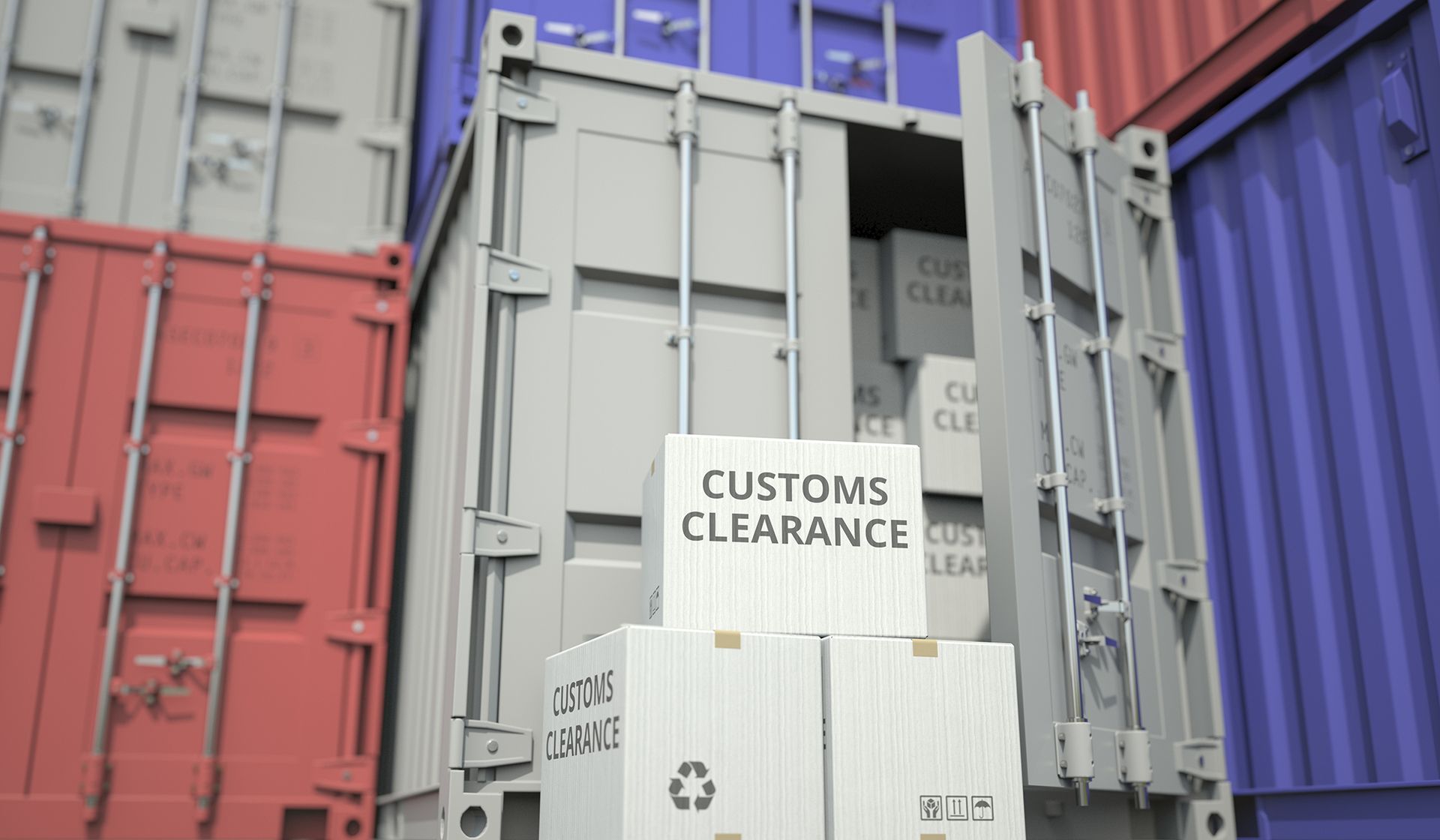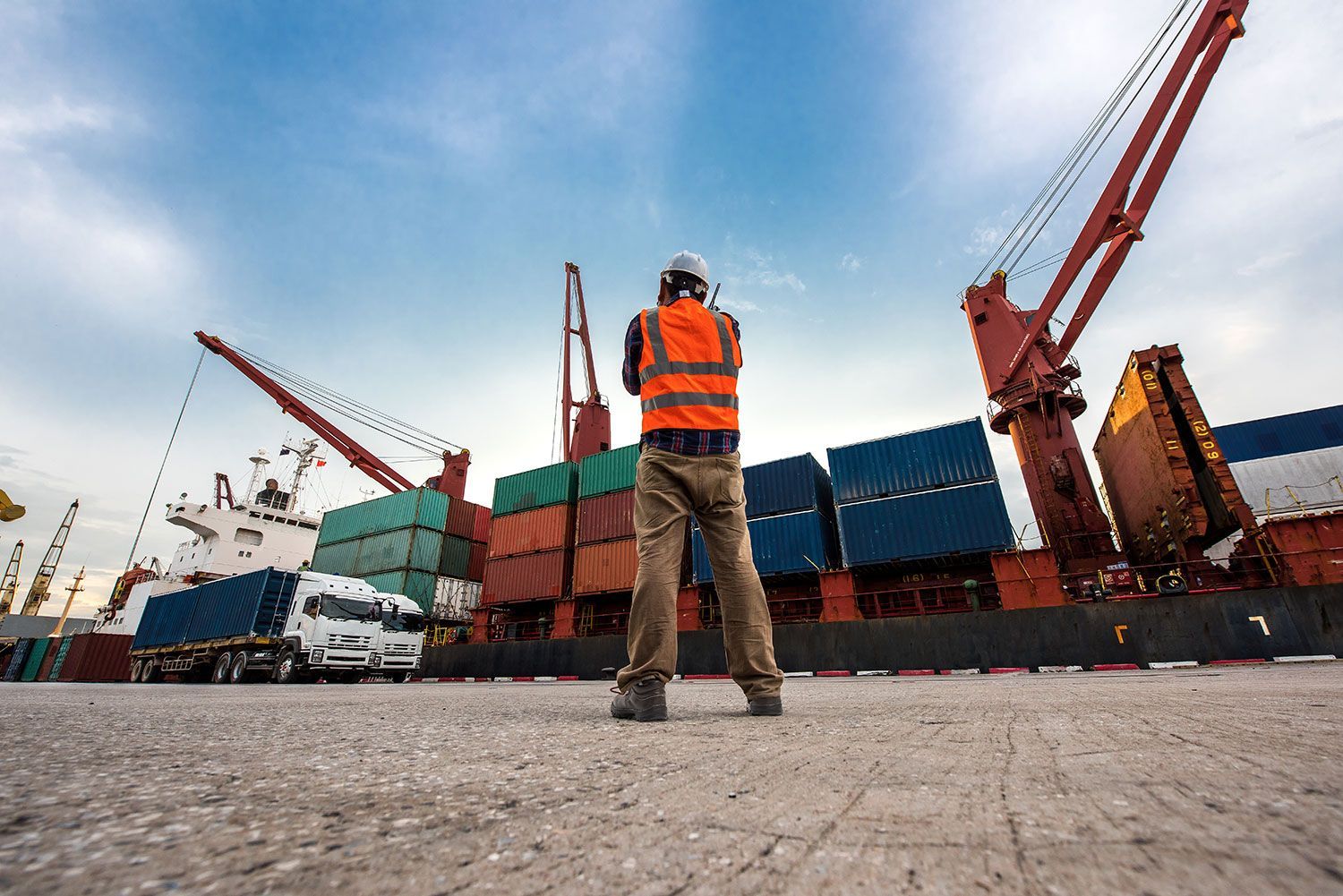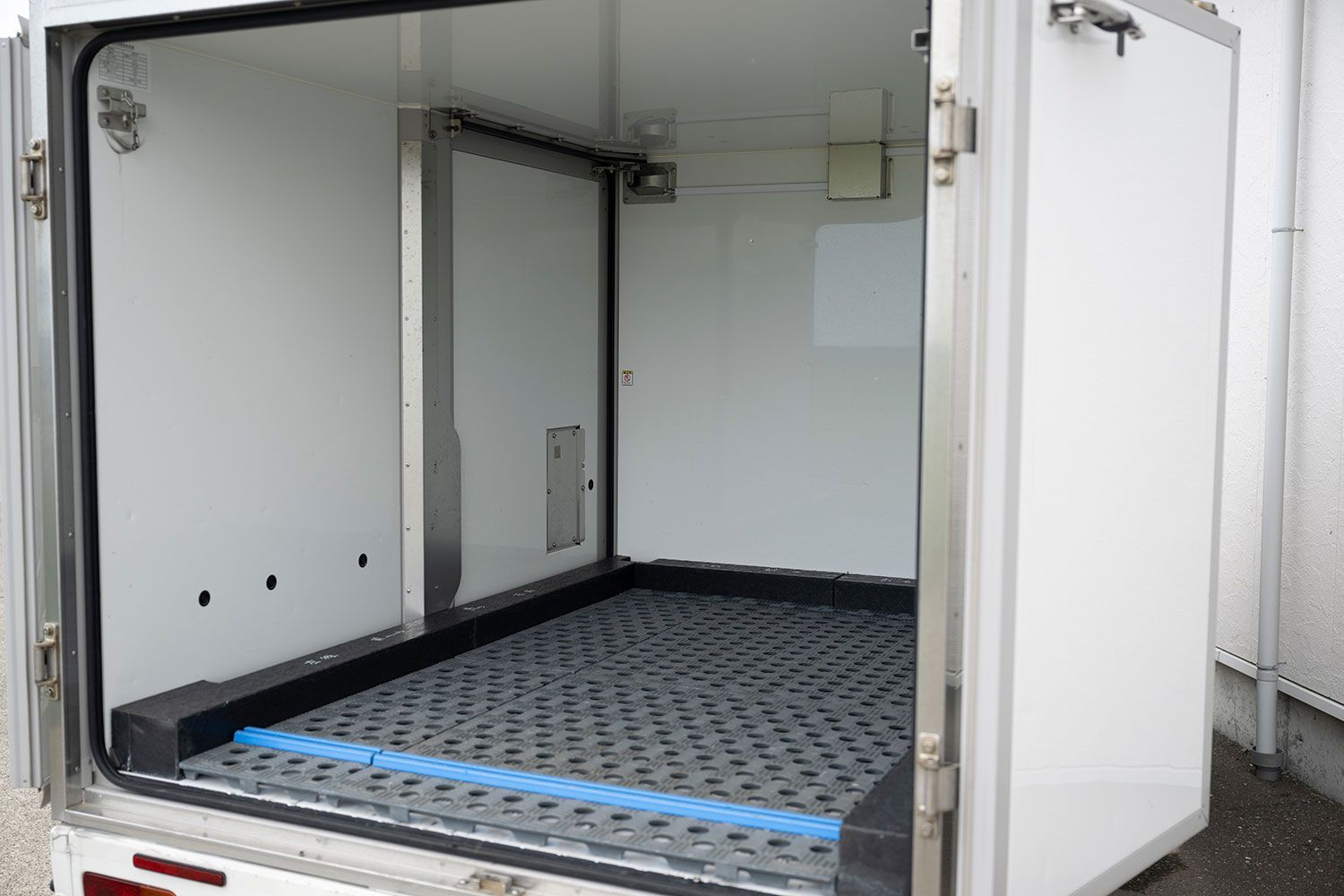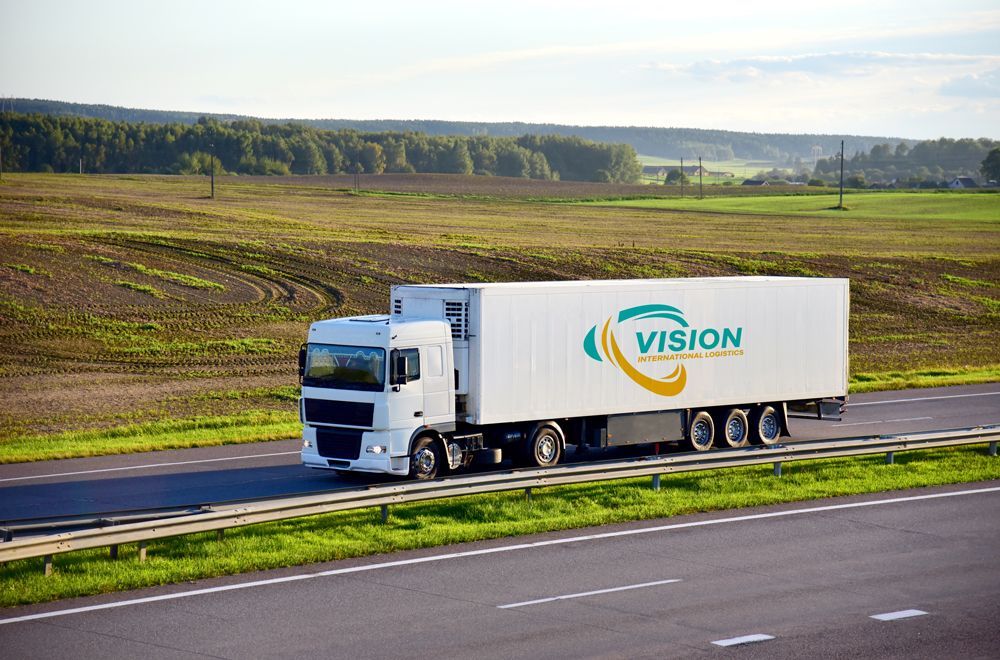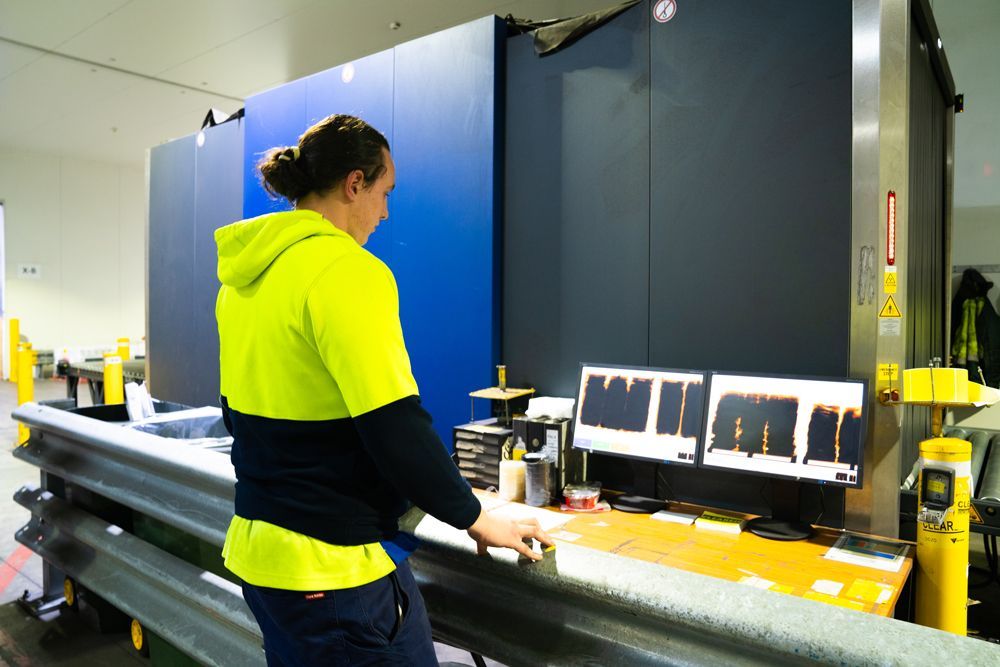The Importance of Reliable Domestic Air Freight in Australia’s Economy
In a country as vast as Australia, the efficiency and reliability of domestic air freight are critical components of its economy.
With distances between major cities stretching over thousands of kilometres and a growing need for faster delivery, businesses across sectors increasingly rely on air freight to keep up with market demands.
From medical supplies to retail goods, domestic air freight plays a key role in ensuring that businesses and consumers receive the products they need when they need them.
In the following article, we will look at the importance of having reliable domestic air freight in Australia’s economy.
The Role of Domestic Air Freight in Australia’s Economy
Australia’s unique geographical landscape makes domestic air freight indispensable. The country’s major economic hubs—such as Brisbane, Sydney, and Melbourne —are separated by large distances, making ground transport time-consuming and less efficient for time-sensitive goods.
Air freight fills this gap by providing businesses with a fast, reliable way to move products across the country, helping to support industries that rely on just-in-time inventory management or deal in perishable and high-value goods.
Beyond traditional retail, sectors like healthcare, technology, and agriculture also depend heavily on air freight. Medical supplies and pharmaceuticals, for example, must be transported quickly to maintain efficacy.
Similarly, fresh produce and seafood require fast, temperature-controlled shipping to ensure they reach markets in peak condition. This makes domestic air freight a vital link in the supply chain for many industries, directly contributing to the smooth functioning of Australia’s economy.
For more information on air freight in Australia, read Brisbane Airport’s article on the ‘Mysterious World of Air Freight’.
Why Reliability is Crucial for Businesses
For businesses, reliability in domestic air freight isn’t just a convenience—it’s a necessity. Late or unreliable shipments can disrupt supply chains, lead to stock shortages, and ultimately result in lost revenue. Reliable air freight services ensure that businesses can meet customer expectations and keep operations running smoothly, regardless of location.
Moreover, having access to consistent and dependable air freight options allows businesses to expand their reach across Australia, regardless of their physical location. For regional businesses, in particular, domestic air freight provides the speed and connectivity they need to compete with urban-based companies, levelling the playing field in an increasingly competitive market.
Another critical factor is the ability to handle urgent and time-sensitive deliveries. Whether it’s last-minute inventory replenishment or emergency medical shipments, having a reliable air freight partner ensures that businesses adapt quickly to unexpected demands.
The Future of Domestic Air Freight
As Australia’s economy continues to grow, the demand for fast, reliable freight solutions is expected to rise. The domestic air freight industry will need to adapt to meet the evolving needs of businesses and consumers, driven by key factors such as economic expansion, technological advancements, and sustainability goals.
Advancements in technology, such as automation, real-time tracking, and predictive analytics, are already improving the efficiency of air freight operations. These technologies are reducing delays, increasing transparency, and enhancing safety protocols across the logistics chain. The Australian Government supports these changes by modernising aviation infrastructure and adopting new air traffic management systems to accommodate increased freight traffic.
According to the 2023 International Airfreight Indicator, the air freight sector in Australia is poised for significant growth, with businesses increasingly relying on air transport for high-value and time-sensitive goods. Innovations such as electric and autonomous aircraft are expected to reshape the industry, offering faster and more sustainable delivery options and helping to reduce carbon emissions while maintaining efficiency.
In the long term, the shift toward greener technologies aligns with national sustainability goals. Industry initiatives, backed by the Australian Logistics Council, are pushing for the adoption of electric-powered aircraft and other eco-friendly innovations to lower the environmental footprint of domestic air freight. These changes will not only support Australia’s climate objectives but also ensure the logistics sector remains competitive on a global scale.
This expansion and modernisation of the domestic air freight industry highlight its essential role in maintaining Australia’s economic growth, providing the infrastructure needed to meet future demand for faster and more sustainable freight services.
Summary
The importance of reliable domestic air freight to Australia’s economy cannot be overstated.
It serves as a vital lifeline for businesses across the country, enabling them to deliver products swiftly and efficiently while ensuring the smooth operation of national supply chains.
As businesses continue to venture an increasingly complex and competitive market, dependable air freight services will remain essential to their success.
For businesses seeking fast and reliable air freight solutions, Vision International Logistics ensures your goods are in safe hands — arriving on time, every time.
Find out more about our air freight services.
For any further questions, contact us today.
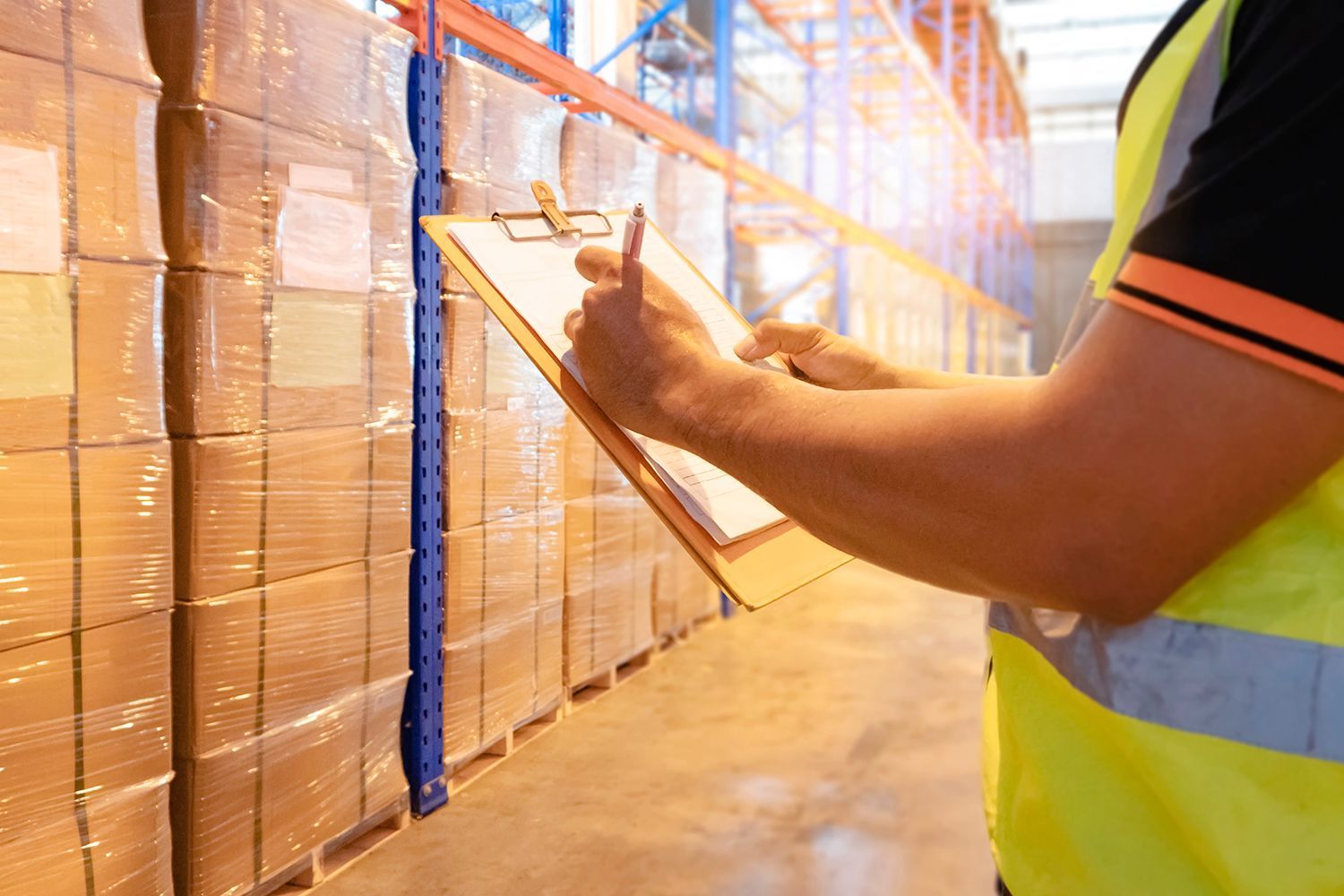
Australian Locations
Brisbane: +61 7 3866 7900
Sydney: +61 2 9700 1402
Sunshine Coast: +61 7 5471 7933
Quick LINKS
Our Services
Contact Information
729 -739 Macarthur Avenue Central Pinkenba Qld 4008
© 2024 All Rights Reserved | Vision International Logistics |
Privacy Policy
|
Standard Trading Conditions
| Website by
Octopus Digital
| Website Marketing by
Shark Digital

